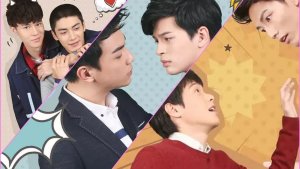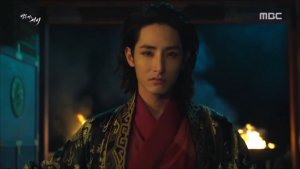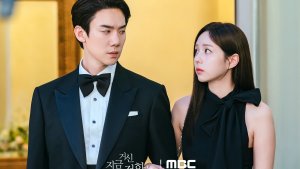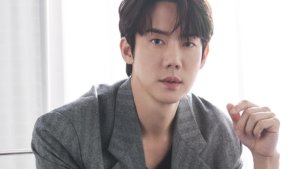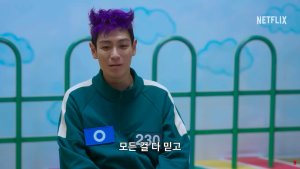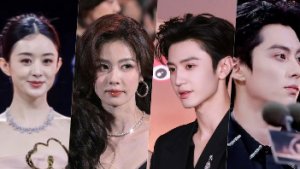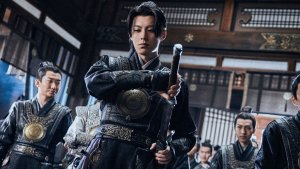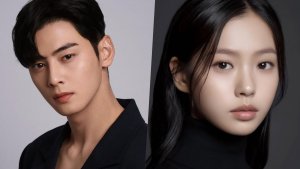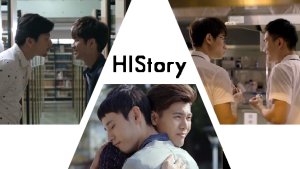 Dissecting HIStory: Part 2
Dissecting HIStory: Part 2
Warning: MASSIVE spoilers for White Christmas ahead! Read at your own risk.
You tainted me, made me pitiful.
You made me a monster in the corner.
You silenced me.
You ridiculed my false hopes.
You took the only thing I had and put it around your neck.
I held out my hand and you let go.
You deleted me from your eyes.
Finally, you overtook me.
Merry Christmas and Happy New Year.
After 8 days, walk up the path by the zelkova tree.
Under the clock tower, you will see someone dead.
The night that Jesus was born, I curse you.
This is the poem that is presented to all of the eight people who intended to remain at Susin High over winter break. It is written on an ominous piece of black paper and sent anonymously to a teacher and 7 students. This note is one of the driving themes behind the 2011 drama special White Christmas. Each character has a portion of the poem dedicated to them and a “sin” they’ve committed. This poem drives character development and conflict, and even as it fades into the background, its words are still very much relevant to the stars of the show. I say, now that I’ve talked about the visuals of this amazing series, it’s time to get to what I really love: breaking down what makes this great show… great!
One of the most important parts of a good plot, in my opinion, is the characters. Yes, White Christmas has a very strong premise (teens isolated in the mountains taken hostage by a serial killer over winter break). Yes, the show looks fantastic (I wrote all about that in part 1 of this winter special). Yes, it’s well written and very interesting. All of that is true, but a show without good characters is nothing. The plot stems from character interactions, and the writer of this show definitely knew that. In fact, the writer leans into it so much, that everything interesting about the show (twists, conflicts, deaths, symbolism, central concepts) can be boiled down to how well-written and well-thought-out the characters are. So, seeing as I am someone who enjoys systems and organization, let’s talk about each character and what they provide to the plot, and in some cases, to K-Dramas as a whole.
WARNING: There are major (I'm not exaggerating) spoilers ahead for this series. Go and watch it now, or forever regret these spoilers. Thank you, and enjoy.
The very first character we see is our hero, Park Moo Yeol. He’s the golden boy. On the surface, he neatly fits every role set out for him in the Nice Male Lead Guidebook: he’s smart, he’s kind, he likes to help other people, and he likes the pretty main girl. He’s NamShin3, he’s Seo Jung Hoo, he’s Cha Do Hyun. He is everyone we love to love, but he is tainted by jealousy and selfishness. He’s not a genius by nature, and that leads him to covet Choi Chi Hoon’s place. When Chi Hoon breaks his leg, Moo Yeol seriously considers leaving him in the snow to freeze to death. He has a deep hero complex, which I don’t see explored very often in KDramas. Our main character, though not as deeply flawed as some other folks, still represents virtues that we’re not used to seeing in our heroes. The K-Drama-scape would be a bit more interesting if we writers spent a bit more time exploring the vices of everyone, both villains and heroes.
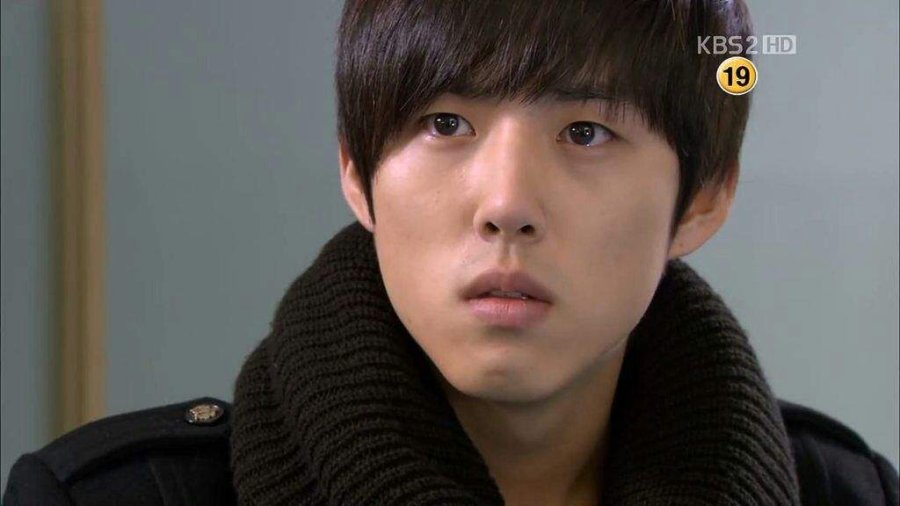
Speaking of vice, no one in this show demonstrates it in its most literal sense quite like Yoon Soo, nicknamed Angel. He regularly uses PCP, a drug nicknamed “angel dust” (get it?). Even worse, he mixes PCP with antidepressants. He also experiences intense visual and auditory hallucinations. He’s prone to mood swings, and, as we find out later, is suicidal. He is especially interesting as a character because he’s a “bad boy” like Choi Young Do or Seok Dong Cheol (dark clothes, angsty, sympathetic), but so much worse. He leaves us feeling panicky and guilty about his struggles. Usually, though, bad boys just go on being sad. Instead, Angel actually ends his life. He’s noteworthy because he demonstrates one of the actual consequences of bullying and living hard and fast. He could have been saved years before, but he wasn't.
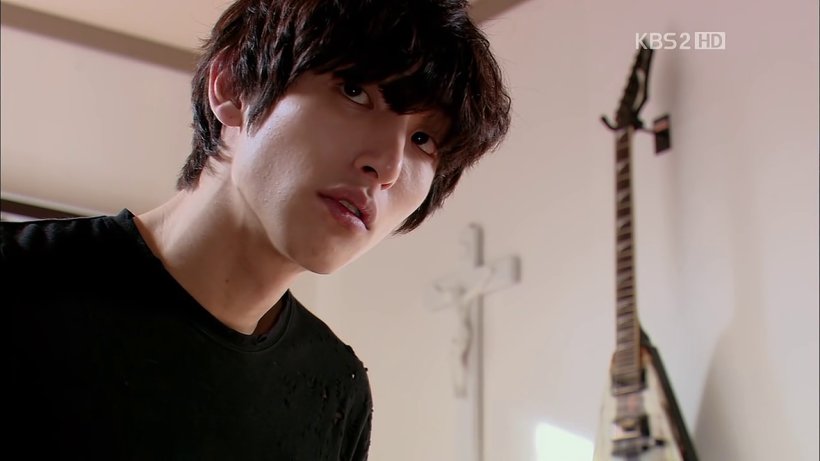
You know who else is bullied? Yang Kang Mo. He demonstrates another consequence of bullying: severe insecurity. He craves approval to an extraordinary degree. Sometimes he gets it through his films, but it’s rare. He likes a girl, but he’s terrified of rejection, so he goes for stalking instead. If his hearing aid were to die, he would never tell you for fear of embarrassment. He’s definitely not one of my favorite characters, but he is special because he:
Is actually a decent representation of a person with a disability
Is a representation of an insecure man, rather than the usual self-conscious, self-hating women we see.
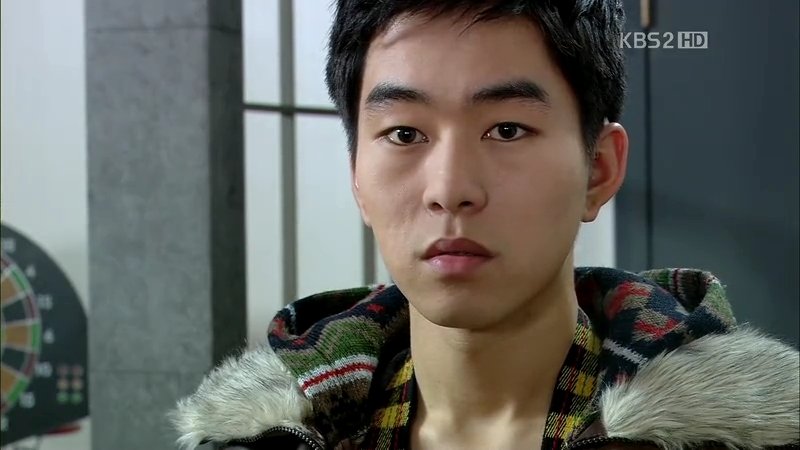
About those women… let’s talk about Eun Sung. She has to be my absolute least favorite character, simply because she isn’t nearly as unique as everyone else. She is just as whiny and indecisive as all my least favorite K-Drama women. One thing that is special about her has not really anything to do with her, but rather how other people interact with her. Other people actually call her out on her hypocrisy. She tells Moo Yeol not to pay attention to her, but she’s constantly seeking his attention. She tells people not to worry about her, then does things that would elicit worry from literally anyone on the planet. Choi Chi Hoon is the character that calls her out most obviously. He’s not mean, just very blunt.
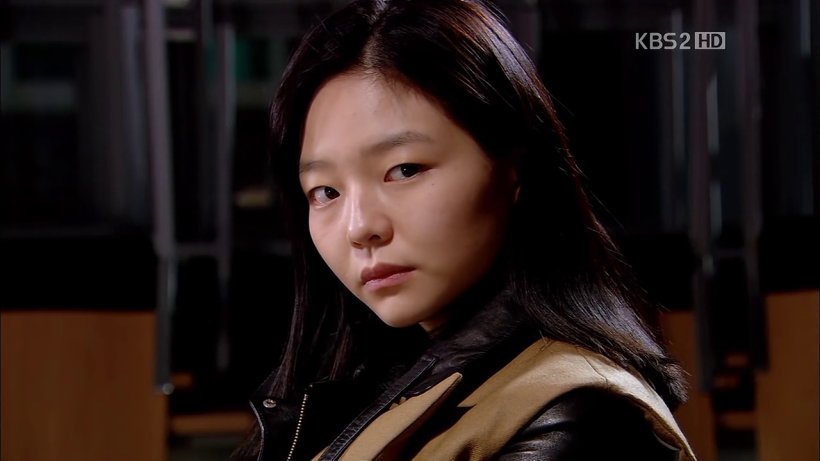
Choi Chi Hoon is a personal favorite of mine. We’re pretty similar: both blunt, both have stellar grades, both have broken a leg before. Imagine my surprise when I did a Myers-Briggs personality test for both of us and found out that we have the same personality, ESTJ-A.
I think we’re kindred spirits.
Interestingly, he can’t feel emotions, so he’s the most likely to look at things as objectively as possible. That doesn’t mean he has no morals; he saves Moo Yeol’s life at one point and always has the group in mind. I think that he’s another flavor of heroic male lead we don’t see very often. Usually, when we have these emotionless sorts, it’s all a mask. They’re hiding their emotions, or whatever. In this case, Chi Hoon isn’t hiding anything; he literally can’t feel. His social skills suck because he genuinely lacks the ability to empathize. Still, even though he’s blunt, he’s never outright mean for the sake of it. He’s proof that, even if someone doesn’t care about how someone else feels, he can still act like a human being to them.
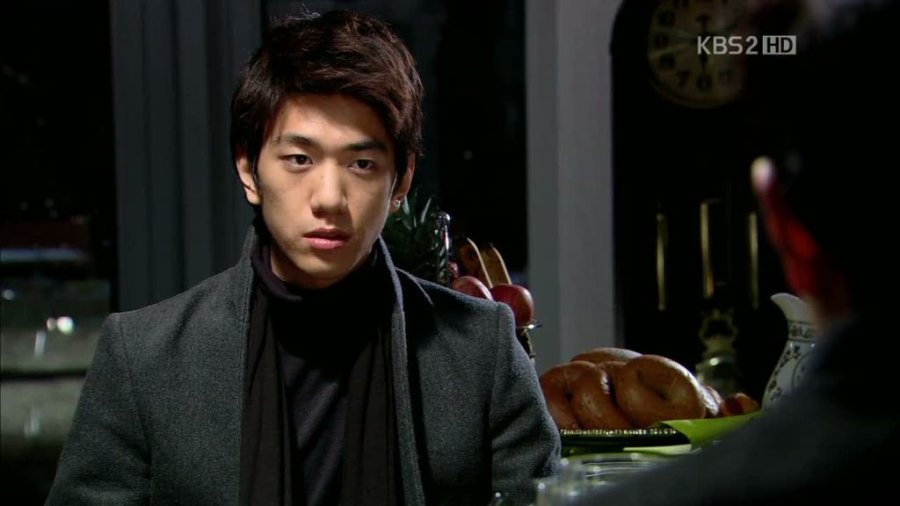
Someone who starts out seeming like a total jerk, but who quickly reveals that he’s actually a decent person, is Mi Reu. He is the real smartest student (or, rather, former student) at Susin. He’s even smarter than Chi Hoon. Mi Reu has a wild temper and a taste for danger, though, like Chi Hoon, he doesn’t care about your feelings about him or anything else. Mi Reu isn’t mean-spirited, either. He’s a softie underneath it all, and he is selfless. When he has a goal in mind, he stops playing around… mostly. Mi Reu is walking proof that bad boys don’t have to be heartless boneheads than only care for one particular female lead. Mi Reu is a reliable, funny, kind, and intelligent friend that, while rough when wronged, makes for a very entertaining character.
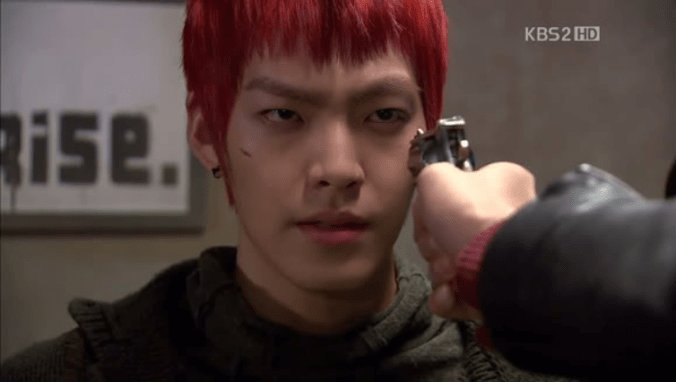
In fact, let’s take a peek at one of the people he knows wronged him: Jo Young Jae. Yet again, we see an unconventional male lead, which I just can’t resist (Circle’s Lee Ho Soo, anyone?). Young Jae is presented as the stereotypical, dominant male archetype, but this characterization falls apart very quickly. Underneath all the bullying and fighting, Young Jae is nothing more than a coward. All of his actions (or choices not to act) are based on fear and insecurity, whether it be holding a gun to Mi Reu’s head, savagely beating a classmate, or ratting out his friends. Even his acts of selflessness are made out of fear. If it means he’ll live another day, he’ll do it. He is the most emotional character in the show, and that is so cool to see! It really intrigues me when writers create vulnerable male leads. He added a lot to the show simply be being controlled by his fears. He was a snake and a bully because he was afraid, but even fear can’t excuse the things he does to his friends.
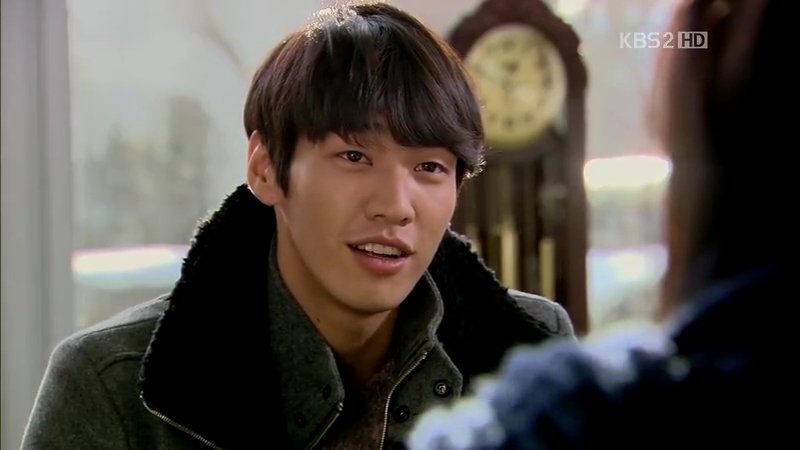
And then there was one, the boy who fades into the background. He is mentioned last, not because he’s the worst, but because he’s the best. I’m talking about Jae Gyu, the sad, anxious, quiet boy who sends the ominous poem to make a statement about the suicide of the student who had his room before him. He learns some of the strongest, most surprising lessons in the show (one I remember is that, at the end of the day, that other boy chose suicide; the students didn’t make him do anything by being unfriendly or forgetful). He also demonstrates one of the wildest breaks in character I’ve ever seen, suddenly snapping one day. In that moment, he grabs a stick and beats Young Jae senseless out of spite, anger, and revenge. It comes entirely out of left field, and that makes it so good. Even better is how long it takes for him to demonstrate any sliver of selflessness. It’s a slow burn, but his act of selflessness is one of the most dangerous: he chooses to become the doctor’s hostage. He is a very strong example of how a hero doesn’t have to be a hero the whole time. People can become heroes.
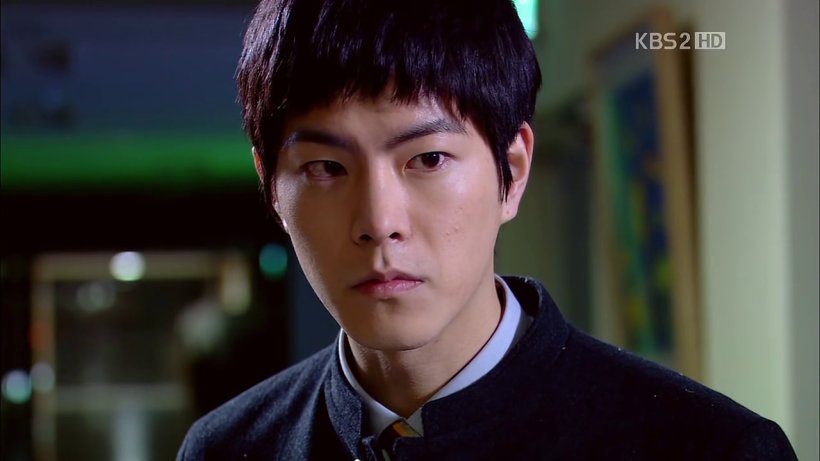
I think, amongst all these characters, there’s this idea of what selfishness does to people. Moo Yeol considers leaving Chi Hoon for dead for his own benefit in school. Many people are of the opinion that suicide is selfish, which implicates Yoon Soo. Kang Mo can’t put his insecurities aside for even a moment to better the group. Eun Sung plays victim and makes herself more of a distraction than anything. Chi Hoon is so self-centered that he doesn’t even know who is in his classes. Mi Reu puts his daredevil stunts above a performance that could have let Yoon Soo be happier. Young Jae is fearful and almost always puts his own needs above the survival of the group. Jae Gyu unnecessarily scares his classmates for his own satisfaction and misguided revenge. No one is innocent.
Still, all of these kids, top to bottom, prove that anyone can be a hero if they choose to. Anyone can step forward to help others. This question of selfishness versus heroism also answers the central question of the series, posed by the doctor: are people born evil or do they become evil? We can answer this by flipping it on its head: are people born good or do they become good? All these kids, terrible decisions, cowardice, and selfishness aside, can choose their “alignment”. When they help each other, they’ve made the choice to do good. When they try to harm each other, they’ve made the choice to do evil.
And when they choose, as a group, to murder the doctor and lie to protect each other, it’s clear that they’ve made a choice, though whether that choice was good or evil, justified or not, is another question for another day. In the end, the doctor thinks he’s broken the children and let out the little monsters within. What really happened, though, was something much different. The monsters weren’t there the whole time. He created monsters out of thin air, out of children that started immature and selfish, like normal teenagers. He tortured them. He threatened them. And when they had had enough…
They chose to push him off a building.
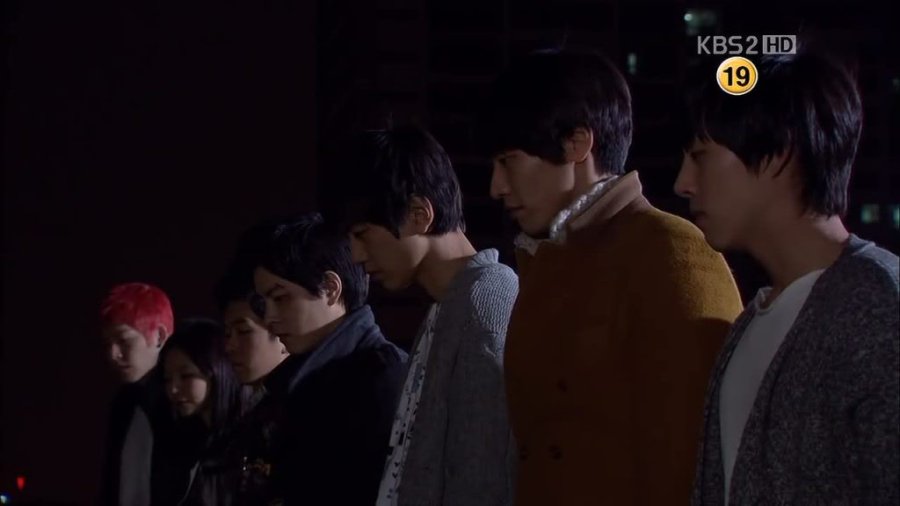
Thank you for checking out my winter special! White Christmas is absolutely wonderful and, if you got to the end of these spoilers articles without having seen the series, I implore you to watch it. Let me know what you thought of my holiday special and White Christmas. Thank you so much for reading, and I will see you next time.


